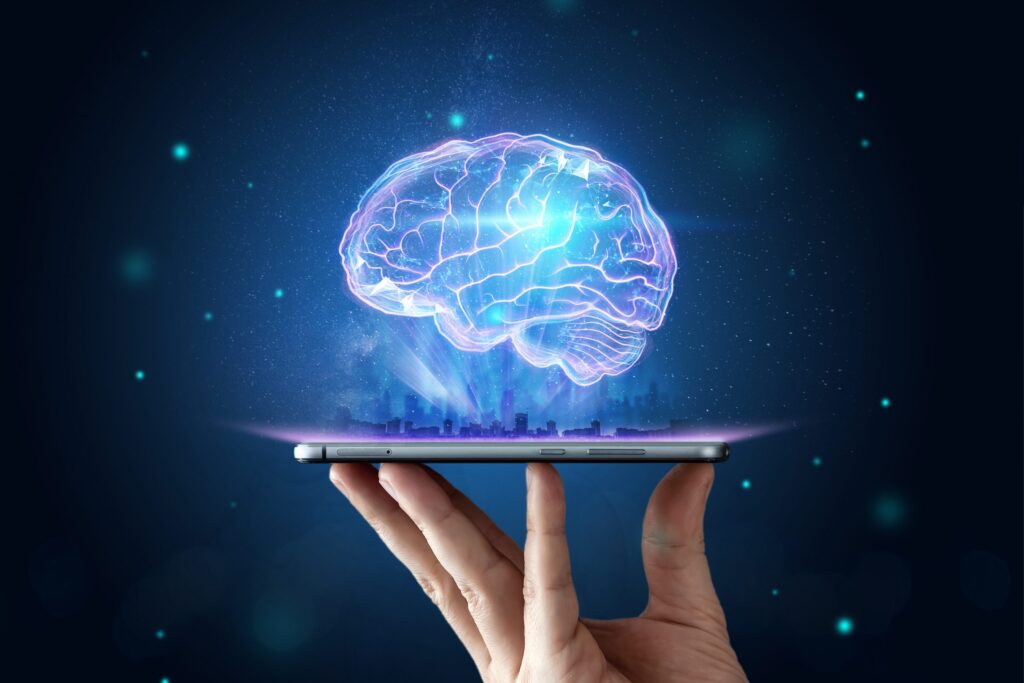From Brainpower to Bytepower: How Technology is Changing the Way We Remember

From Brainpower to Bytepower: How Technology is Changing the Way We Remember
Once upon a time, memory was all about effort. People kept diaries, memorized phone numbers, or tied strings around their fingers to remember important tasks. Today, a quick tap on a screen has replaced much of that mental work.
From apps that remind you to stay hydrated to GPS guiding you through familiar streets, technology has taken on many of the tasks we once stored in our minds. Some argue this makes us forgetful, but the picture isn’t entirely negative. When used smartly, digital tools can actually support and even strengthen memory.
Here are 12 ways technology is reshaping how we remember — and how to make it work in your favor:
1. Reminder Apps
Digital reminders reduce stress about forgetting and support prospective memory, helping people manage busy schedules or age-related challenges.
2. GPS and Navigation Tools
While they reduce reliance on spatial memory, consciously reviewing routes before driving can balance convenience with awareness.
3. Educational Apps
With features like flashcards, spaced repetition, and gamified lessons, these apps reinforce learning and help commit information to long-term memory.
4. Virtual Reality (VR)
Immersive simulations enhance memory by engaging multiple senses — whether exploring anatomy or reliving history.
5. AI Mindfulness Apps
Personalized meditation tools lower stress, leading to better focus, sleep, and memory consolidation.
6. Photo and Video Archives
Digital albums act as external memory banks. Used mindfully, they can enrich recollection without replacing lived experience.
7. Voice Assistants
From making lists to answering quick queries, Siri, Alexa, and Google Assistant act as memory aids on demand.
8. Wearable Tech
Smartwatches track sleep, heart rate, and stress, helping users adjust habits for healthier memory performance.
9. Note-taking and Mind-Mapping Tools
Apps like Notion or Evernote organize information visually, making recall easier and more structured.
10. Digital Journaling
Reflective writing strengthens autobiographical memory and improves emotional clarity.
11. Memory Training Games
Platforms like Lumosity or Elevate turn brain training into fun routines that sharpen recall and cognitive agility.
12. Smart Calendars with AI
Modern calendars predict schedules and optimize planning, freeing up mental space for deeper thinking.
Technology is changing memory, but it doesn’t have to weaken it. By treating digital tools as partners rather than crutches, we can ease daily life while still keeping our brains active.
Disclaimer: This article is for informational purposes only. Use technology to support memory, not replace it entirely.












